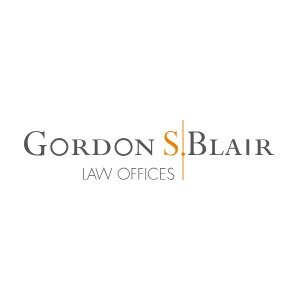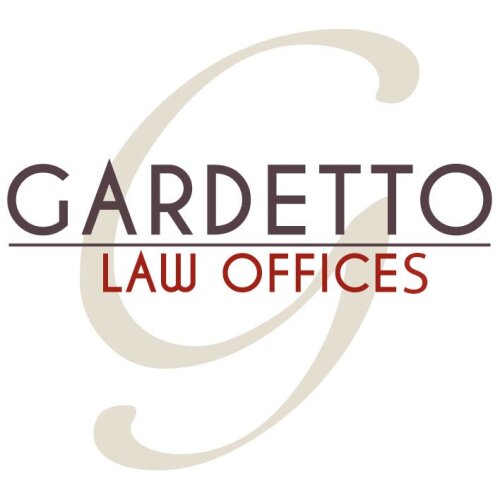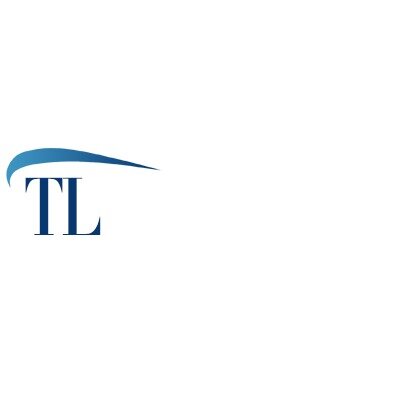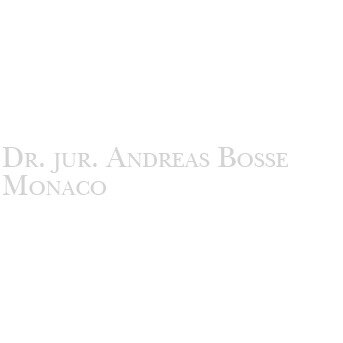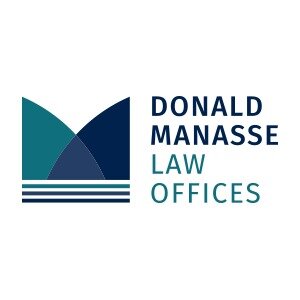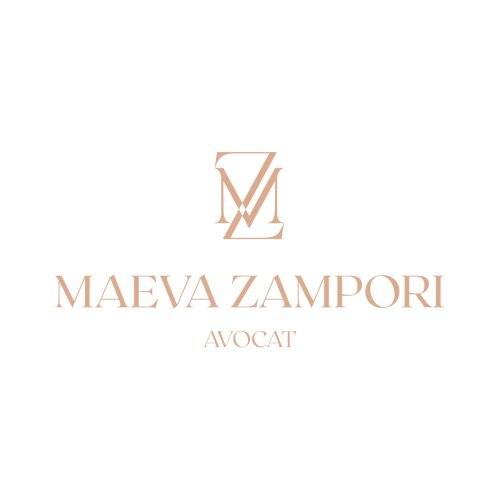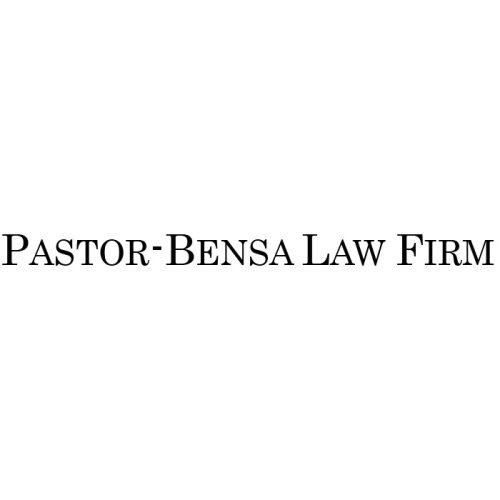Best Public-Private Partnerships (PPP) Lawyers in Monaco
Share your needs with us, get contacted by law firms.
Free. Takes 2 min.
Or refine your search by selecting a city:
List of the best lawyers in Monaco
About Public-Private Partnerships (PPP) Law in Monaco
Public-Private Partnerships (PPPs) are collaborative arrangements between government entities and private sector companies to finance, construct, manage, or provide public infrastructure and services. In Monaco, PPPs have gained importance as the Principality continues to modernize and expand its infrastructure by leveraging the expertise and resources of private partners. PPP projects in Monaco may encompass sectors such as transport, energy, healthcare, and urban development. The legal landscape in Monaco is evolving to facilitate such collaborations while safeguarding public interests and promoting transparency.
Why You May Need a Lawyer
Entering into a PPP in Monaco can be a complex process involving various legal, financial, and operational considerations. There are several situations where legal expertise is crucial, including:
- Assessing the suitability of the PPP model for your project.
- Drafting and negotiating project agreements and contracts.
- Navigating local regulatory requirements and compliance standards.
- Managing risk allocation between public and private entities.
- Resolving disputes and handling contract enforcement.
- Ensuring adherence to competition, environmental, and procurement laws.
- Evaluating project finance arrangements and security interests.
- Negotiating land use and development permits.
- Addressing issues related to intellectual property and technology transfer.
- Advising on government approvals, licenses, and concessions.
A lawyer with experience in Monaco’s PPP landscape can help protect your interests and facilitate successful project execution.
Local Laws Overview
Monaco’s legal framework for Public-Private Partnerships integrates elements of both civil law tradition and local ordinances. Key aspects relevant to PPPs include:
- Regulatory Authority: Several government ministries oversee PPP projects, particularly the Ministry of Public Works, the Ministry of Finance and Economy, and regulatory agencies responsible for sector-specific approval.
- Procurement Process: PPP projects typically require competitive tendering, ensuring equal opportunity and transparency. The procurement process is governed by Monaco’s public procurement laws, aimed at preventing conflicts of interest and corruption.
- Contract Outline: PPP contracts in Monaco often address specifications of works or services, duration, risk-sharing, financing methods, performance benchmarks, liability, and project transfer mechanisms.
- Concession Agreements: For several decades, Monaco has used concession-based partnerships, where private companies construct and operate infrastructure for a fixed period before transferring the asset to the state.
- Dispute Resolution: Contracts usually provide for dispute resolution, commonly through negotiation or arbitration, with recourse to Monaco’s courts if necessary.
- Legal Framework: PPPs are shaped by the Civil Code of Monaco, administrative law, sector-specific statutes, and official government guidelines for public procurement and private sector involvement.
- Foreign Investment: Foreign investors must often seek specific authorizations and comply with local incorporation and licensing requirements.
Due to the specificity and rigor of Monaco’s legal system, tailored legal advice is strongly recommended for anyone pursuing PPP arrangements.
Frequently Asked Questions
What is a Public-Private Partnership (PPP) in Monaco?
A PPP in Monaco is a cooperative agreement between a government body or public authority and a private company to finance, develop, operate, and/or maintain a public service or infrastructure project.
Are PPP arrangements legally recognized in Monaco?
Yes, PPPs are legally recognized in Monaco, with relevant laws based on the Civil Code, administrative regulations, and public procurement statutes.
What sectors in Monaco commonly use PPPs?
Common sectors include transport infrastructure, energy, public utilities, urban development projects, healthcare facilities, and digital services.
How are PPP projects awarded in Monaco?
PPP projects are generally awarded through public procurement processes involving competitive bidding, strict evaluation criteria, and regulatory approvals to ensure fairness and transparency.
Is foreign participation allowed in PPPs in Monaco?
Foreign companies may participate, but they are subject to specific regulations, such as obtaining necessary permits, fulfilling local establishment requirements, and complying with local content provisions.
Who regulates PPP projects in Monaco?
Multiple government bodies may be involved depending on the sector, including relevant ministries and public agencies overseeing project approval, compliance, and performance monitoring.
What legal risks are involved in PPPs?
Risks include contract disputes, regulatory changes, financial risks, non-performance, unforeseen costs, and issues related to force majeure or public interest mandates.
Can PPP contracts in Monaco be negotiated?
Yes, contract terms can be negotiated, but must comply with public procurement rules and reflect an effective allocation of risks and rewards between the public and private partners.
What should be included in a PPP agreement?
Key components include project scope, roles and responsibilities, duration, risk allocation, payment terms, performance metrics, dispute resolution procedures, and transfer or end-of-contract provisions.
How can disputes in PPP projects be resolved?
Disputes are usually addressed first by negotiation or mediation, followed by arbitration or proceedings before Monaco’s courts if necessary, as detailed in the PPP agreement.
Additional Resources
For more information on Public-Private Partnerships in Monaco, the following resources and organizations can be helpful:
- Monaco Government Portal - official news and updates on public contracts and procurement opportunities.
- Ministry of Public Works, the Environment and Urban Development - regulatory guidance on PPPs and major infrastructure projects.
- Direction des Travaux Publics - public agency overseeing public works.
- Monaco Chamber of Economic Development - supporting private sector partnership opportunities.
- Monaco Business Office - guidance for foreign investors and local entrepreneurs.
- Legal professionals and local law firms with expertise in PPP and public law.
Next Steps
If you are considering entering into a Public-Private Partnership in Monaco or require legal advice on an ongoing project, it is advisable to:
- Consult a legal professional with experience in PPPs and public procurement laws in Monaco.
- Prepare necessary documentation regarding your project, scope, and intended role in the partnership.
- Review sector-specific requirements and engage with relevant public authorities to understand compliance obligations.
- Request a preliminary assessment of legal and regulatory risks for your project.
- Attend informational seminars or public consultations if available.
Due to the specialized and evolving nature of PPP legislation in Monaco, securing tailored legal guidance at an early stage is the most effective way to ensure compliance, minimize risks, and facilitate the success of your partnership.
Lawzana helps you find the best lawyers and law firms in Monaco through a curated and pre-screened list of qualified legal professionals. Our platform offers rankings and detailed profiles of attorneys and law firms, allowing you to compare based on practice areas, including Public-Private Partnerships (PPP), experience, and client feedback.
Each profile includes a description of the firm's areas of practice, client reviews, team members and partners, year of establishment, spoken languages, office locations, contact information, social media presence, and any published articles or resources. Most firms on our platform speak English and are experienced in both local and international legal matters.
Get a quote from top-rated law firms in Monaco — quickly, securely, and without unnecessary hassle.
Disclaimer:
The information provided on this page is for general informational purposes only and does not constitute legal advice. While we strive to ensure the accuracy and relevance of the content, legal information may change over time, and interpretations of the law can vary. You should always consult with a qualified legal professional for advice specific to your situation.
We disclaim all liability for actions taken or not taken based on the content of this page. If you believe any information is incorrect or outdated, please contact us, and we will review and update it where appropriate.
Browse public-private partnerships (ppp) law firms by city in Monaco
Refine your search by selecting a city.



